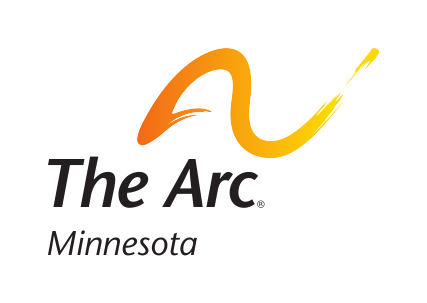 Julia Page, Public Policy Director, The Arc Minnesota:
Julia Page, Public Policy Director, The Arc Minnesota:
Many Minnesotans with disabilities endure significant challenges finding housing that is affordable AND accessible in their search for a place to live. Unfortunately, in Minnesota, accessible housing that is also affordable is very difficult to come by. In many instances, the level of accessibility may not even meet individuals’ needs because there is no consistency in how accessible housing is built.
By law, Minnesotans with disabilities must have an informed choice in where they want to live. They should be able to live in their own homes, in their communities. However, the lack of affordable and accessible housing in Minnesota forces people with disabilities to turn to more restrictive and expensive provider-controlled settings. This housing crisis is especially urgent for Minnesota veterans[1], older adults[2], People of Color[3], and individuals with intellectual and developmental disabilities.
Our policy change included in HF 302 (Howard) / SF 1094 (Port) ensures that housing built with state dollars (through Housing Infrastructure Bonds or HIBs) works for everyone. It creates a shared definition of housing accessibility, which includes both physical and sensory accessibility features to provide clarity for developers and builders.
HF 302 / SF 1094 also includes a funding request for HIBs, as well as a policy change that would allow developers to build affordable housing without a requirement that residents participate in supportive services. This would allow people with disabilities to choose their own in-home services and supports.
We are thankful for the partnership with the Minnesota Consortium for Community Developers (MCCD), Homes for All (H4A), Minnesota Consortium for Citizens with Disabilities (MNCCD), Minnesota Disability Law Center (MDLC), Autism Society of Minnesota (AuSM), and Minnesota Council on Disability (MCD). We are especially thankful for the advocacy from people with lived experience, Justin Smith, Shelly McFadden Rohe, and Judy Moe (who happens to also be an MCD council member). Judy Moe’s work in the City of Richfield was the inspiration for this statewide policy change and we are grateful for her expertise and advocacy.
The bill was heard in the House Housing Finance and Policy Committee on Wednesday, February 1st and a on Thursday, February 9th in the Senate Housing and Homelessness Prevention Committee. You can monitor the progress of this affordable, accessible housing bill by subscribing to The Arc Minnesota’s Capitol Connector Newsletter.
More Information
Watch the segment Affordable and Accessible Housing from the 2023 MCD Legislative Form
Visit our bill tracking page to learn more about housing bills like SF 1094 and HF 302.
[1] Housing Assistance Council tabulations of the Census Bureau’s 2015-2019 American Community Survey
[2] Disability Impacts All of Us, Centers for Disease Control and Prevention, 2018
[3] Minnesotans with Disabilities: Demographic and Economic Characteristics 2017 report, MN State Demographic Center